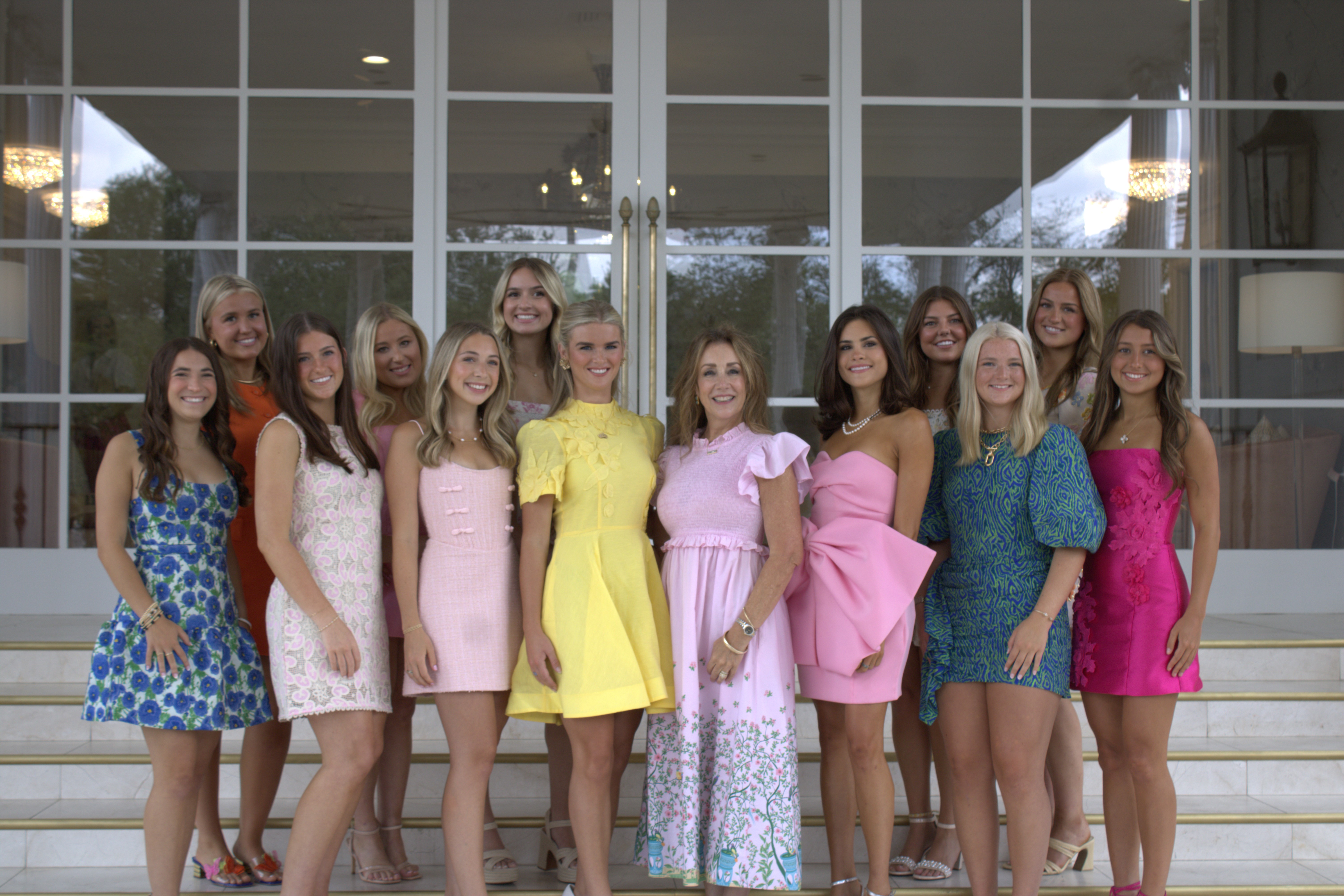Mandatory voting infringes on rights
Published 4:25 am Tuesday, September 29, 2015
This topic seems to come up every four years or so. This time, it’s the venerable Brookings Institution. Voting is a good thing, Brookings says – so why not make it mandatory?
But that’s a terrible idea. We’ll explain why shortly.
Trending
“When we receive a summons for jury duty, we are required to present ourselves at the court,” Brookings scholars William Galston and E.J. Dionne write. “Should we treat showing up at the polls in elections the same way? Although the idea seems vaguely un-American, it is neither unusual, nor undemocratic, nor unconstitutional. And it would ease the intense partisan polarization that weakens both our capacity for self-government and public trust in our governing institutions.”
They cite the example of Australia.
“Alarmed by a decline in voter turnout to less than 60 percent in the early 1920s, Australia adopted a law in 1924 requiring all citizens to present themselves at the polling place on Election Day,” they write. “Enforcing the law were small fines (roughly the same as for routine traffic tickets), which increased with repeated acts of nonparticipation. The law established permissible reasons for not voting, such as illness and foreign travel, and procedures allowing citizens facing fines for not voting to defend themselves in court. It also required citizens to register to vote (much as the United States has draft registration) and the Australian authorities have created systems to make registration easy.”
The experiment succeeded, at least in forcing people to the polls. An estimated 91 percent of eligible voters now cast ballots there.
But at the voting booth, “none of the above” should always be an option.
Mandatory voting is a terrible idea. And the best argument against mandatory voting is the race with the worst candidates.
Trending
Take Louisiana’s “vote for the crook” election of 1991. As the New OrleansTimes-Picayune describes it, “The bitter 1991 Louisiana gubernatorial runoff between state Rep. David Duke and three-term governor Edwin Edwards shook the state and the nation. Confrontations occurred between supporters of Edwards, a Democrat who had faced two racketeering trials before being acquitted in 1986, and Duke, a Republican who had paraded as a Ku Klux Klan grand wizard, helped plot the invasion of a Caribbean island and celebrated the birthday of Adolf Hitler.”
Edwards won, but he was convicted in 2000 for racketeering, extortion and fraud. Duke was also later convicted for mail fraud.
In such a race, it should be every voter’s right to choose “none of the above.”
Its important to keep in mind that voter turnout is actually increasing. Officials often lament a decline in voter participation, but that’s largely anecdotal. A closer look at the numbers shows that since 1972, there has been no decline, but an erratic increase. In 1980, about 55 percent of eligible voters cast ballots. In 2008, that number was close to 62 percent.
There are ways to increase turnout. Reforms in early voting laws have been quite successful in Texas, for example.
But voters have a right to choose not to vote.







